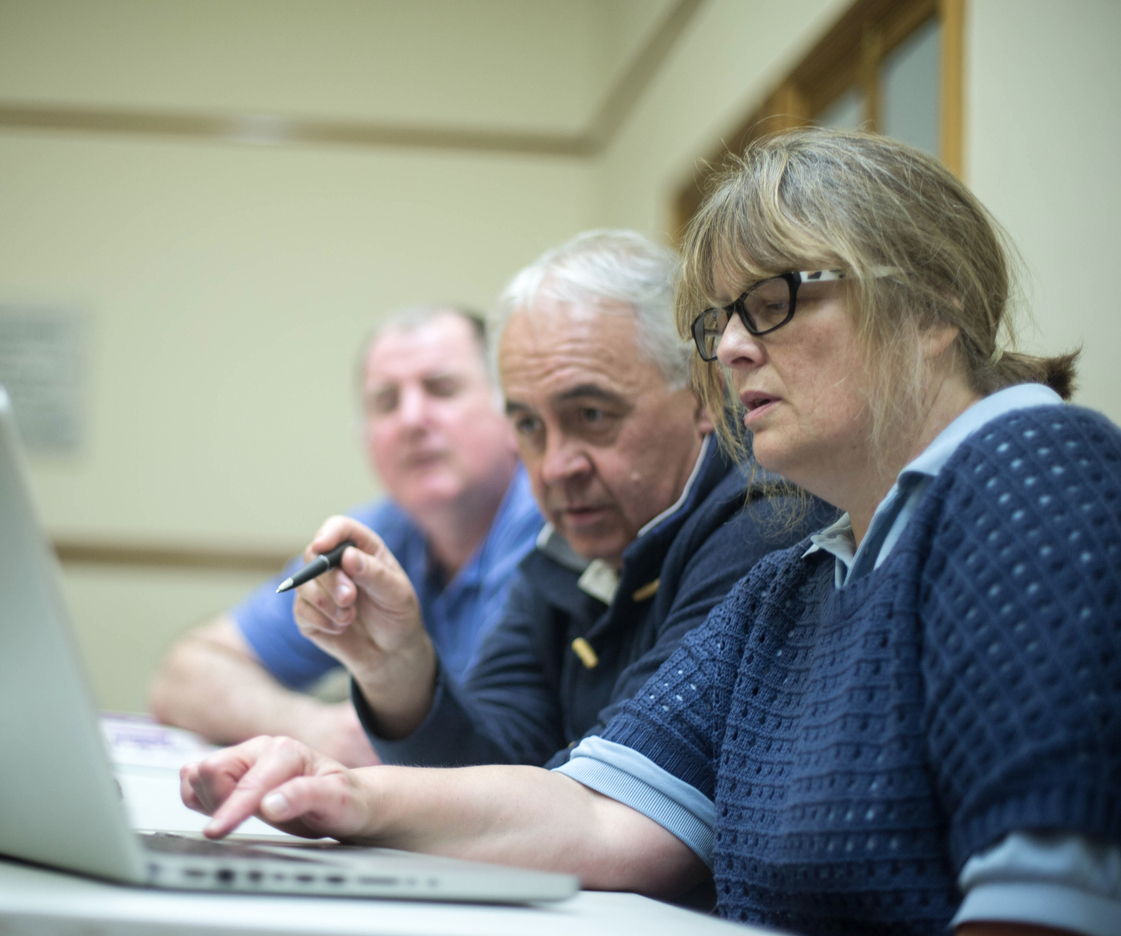
January 11, 2019, by Charlotte Anscombe
New Commission launched to tackle challenges of adult education
Leading universities, including the University of Nottingham, and adult education charities have joined forces to create a new commission to tackle the challenges faced in educating people throughout their lives in England.
In 1919, the Ministry of Reconstruction’s adult education committee published a Report on Adult Education, arguing that a population educated throughout life was vital for the future economy of the country.
The challenges faced back then are eerily similar to the problems we face as a nation today:
- With the extension of the electorate, it was considered vital that citizens be made able to weigh evidence and critically reflect on political claims, so as not to be taken in by populist demagogues; electoral issues are just as complex today.
- With the approach of new technologies and industries, ‘skills training’ was considered insufficient, and instead people would need to be imaginative and flexible at work; with machine learning and robotics replacing routine work, these needs are even greater today, and growing over time.
- The population faced ‘great challenges’, foremost to prevent another slide to war; that danger remains, to which needs to be added Climate Change.
That’s why the Universities of Nottingham and Oxford along with the Co-operative College, the Raymond Williams Foundation and the Workers Educational Association have come together to form the Centenary Commission to address the issues around adult education today.
The Commission’s first meeting was held on Thursday 10th January, and focused on the educational provision required in longer lives, changing work and global challenges.
John Holford, Robert Peers Professor of Adult Education at the University of Nottingham, Joint Secretary/Research Director to the Centenary Commission, and Chair of the Adult Education 100 campaign Steering Group said:
“Last year Nottingham took the lead in initiating the Adult Education 100 campaign and the Centenary Commission on Adult Education. I’m delighted that Oxford, the WEA, the Co-operative College and the Raymond Williams Foundation have joined us, and that Dame Helen Ghosh has agreed to chair the Commission.
“Nottingham has been central to British adult education. In response to the 1919 Adult Education Report, Nottingham became the first British university to set up an adult education department – a key building block for the university today – and the first in the world to have a professor of adult education – Robert Peers in 1922. Today, not only are we sharing our research expertise with the Centenary Commission, but Sharon Clancy, Chair of the Raymond Williams Foundation and the University’s former Head of Community Partnerships, is a member of the Commission. Universities like Nottingham are key to civic and community life and educating people of all ages should be part of their mission.”
The Commission will publish its first report in November 2019 marking the centenary of the Ministry of reconstruction’s Final Report on Adult Education. That report set the groundwork for British adult education during the 20th century. Its centenary is an opportunity to reflect on the needs and possibilities for adult education today, and into the century ahead.
No comments yet, fill out a comment to be the first

Leave a Reply